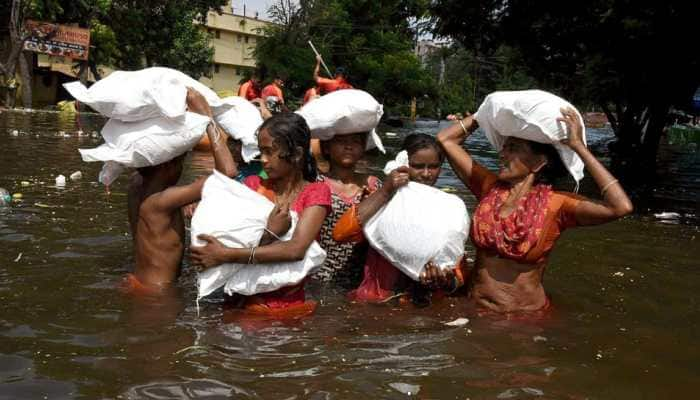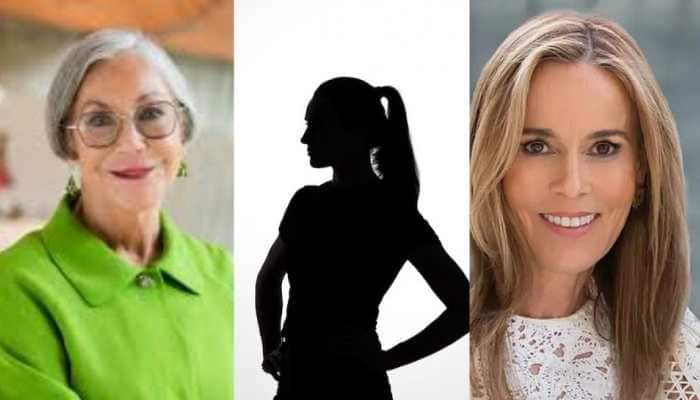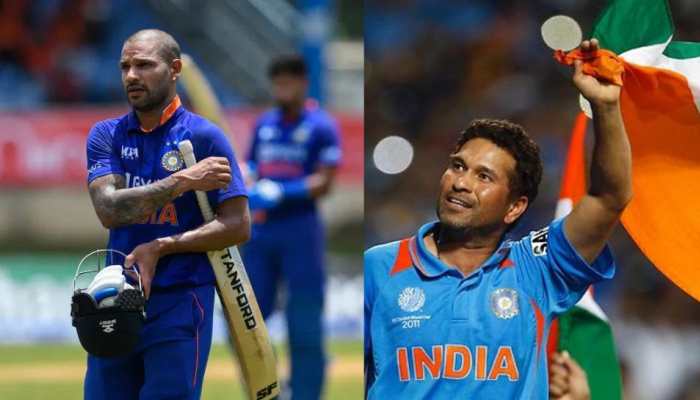Saudi women candidates begin first election campaigns
More than 900 women are standing in the December 12 municipal elections, which will also mark the first time women are allowed to vote.
Trending Photos
)
Riyadh: Saudi women began their first-ever campaigns for public office on Sunday, in a step forward for women's rights in the conservative kingdom's slow reform process.
More than 900 women are standing in the December 12 municipal elections, which will also mark the first time women are allowed to vote.
Ruled by King Salman, oil-rich Saudi Arabia has no elected legislature but has faced intense Western scrutiny over its rights record.
The country's first municipal elections were held in 2005, followed by another vote in 2011, but in both cases only men were allowed to participate.
"We will vote for the women even though we don't know anything about them," Um Fawaz, a teacher in her 20s, said in Hafr al-Batin city.
"It's enough that they are women," she said.
The absolute monarchy, which applies its strict interpretation of Islam, has faced widespread criticism for its lack of equal rights.
Saudi Arabia is the only country in the world where women are not allowed to drive. Women must also cover themselves in black from head-to-toe in public and require permission from male family members to travel, work or marry.
The late king Abdullah introduced the elections in 2005 and said women would participate in this year's vote. In 2013, he also named women to the appointed Shura Council, which advises the cabinet.
Abdullah died in January and was succeeded by Salman, who stuck to the election timetable.
In other Gulf states, women have had some voting rights for several years.
About 7,000 people are vying for seats on 284 municipal councils in the vote, the Saudi electoral commission says.
Only around 131,000 women have signed up to vote, compared with more than 1.35 million men, out of a native Saudi population of almost 21 million.
Aside from transport problems, women say their voter registration was hindered by bureaucratic obstacles and a lack of awareness of the process and its significance.
There is also disappointment at the performance of the local councils and their limited powers -- restricted to streets, public gardens and rubbish disposal.
Although the voting age has been lowered to 18 from 21 and the proportion of elected council members has increased to two-thirds, winning a seat remains a challenge for women in an electorate where male voters vastly outnumber them.
Stay informed on all the latest news, real-time breaking news updates, and follow all the important headlines in india news and world News on Zee News.
Live Tv







)
)
)
)
)
)
)
)
)
)
